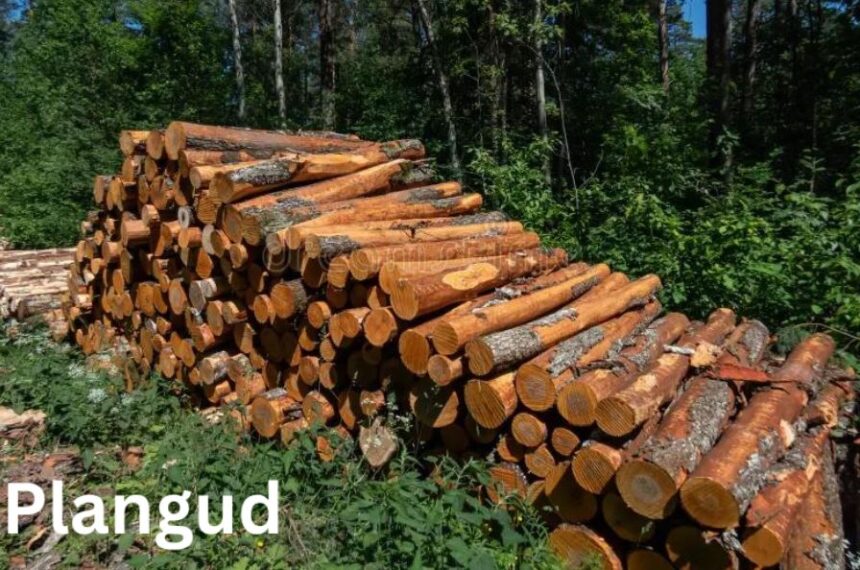Introduction
Plangud, a versatile term referring to wooden planks used in construction, interior design, and carpentry, is valued for its durability, aesthetics, and flexibility. Whether you’re constructing a building, crafting furniture, or designing an outdoor space, plangud offers a practical and eco-friendly solution. This article explores the key aspects of plangud, its benefits, applications, and how to choose the best type for your projects.
What is Plangud?
Plangud consists of flat wooden boards commonly used for various purposes in construction, interior, and exterior design. They are made from different wood species, including oak, pine, cedar, and mahogany, offering a wide range of applications and aesthetic possibilities.
Key Features of Plangud
- Durability: Plangud is known for its strength and long-lasting nature. Properly treated plangud can withstand environmental elements, making it suitable for both indoor and outdoor use.
- Versatility: These planks are adaptable and can be used for numerous applications, from structural building frameworks to detailed furniture crafting.
- Aesthetic Appeal: The natural beauty of plangud enhances any space. Whether polished or left raw, it adds warmth and texture to both interiors and exteriors.
- Sustainability: Many plangud products come from sustainably sourced wood, contributing to environmental preservation.
Applications of Plangud
Construction and Carpentry
- Structural Framework: Plangud is essential in framing walls, roofs, and floors in both residential and commercial buildings due to its sturdy properties. It provides solid support and enhances the building’s structural integrity.
- Custom Furniture: Craftsmen often use plangud to design furniture like tables, chairs, and shelves. The material’s workability allows for creativity and precision, creating custom pieces that blend durability with elegance.
Interior Design
- Wall Paneling: Plangud is often used for interior wall panels, providing a rustic charm that enhances living rooms or office spaces.
- Flooring: The durability of plangud makes it an ideal choice for flooring. With finishes that resemble hardwood, it offers longevity and a sleek, natural look.
Exterior Design
- Decking and Cladding: Plangud’s resistance to moisture and wear makes it perfect for outdoor applications such as decks and external cladding. It can withstand harsh weather while retaining its beauty.
- Garden Structures: It’s also commonly used in landscaping for building fences and garden benches.
Benefits of Plangud
1. Durability
Plangud’s resilience to wear, moisture, and varying environmental conditions ensures it stands the test of time. Whether in high-traffic indoor areas or exposed outdoor spaces, plangud retains its quality.
2. Versatility in Design
From traditional to modern aesthetics, plangud caters to various styles. It can be stained, painted, or left untreated depending on the desired look.
3. Easy Maintenance
Plangud requires minimal upkeep compared to natural hardwood. Simple cleaning routines and periodic treatments extend its life without the need for complex maintenance.
4. Eco-Friendly Options
Plangud from sustainable forests reduces environmental impact. Some types are made from recycled wood fibers or bamboo, further contributing to green building practices.
How to Choose the Right Plangud for Your Project
When selecting plangud, consider the following factors:
- Type of Wood: Oak offers durability and is suited for structural work, while cedar is ideal for outdoor projects due to its natural resistance to moisture and insects.
- Size: Ensure you choose the right dimensions based on your project needs. Standard thickness ranges from 50-60 mm, with customizable options available.
- Grade: The quality of plangud can vary. For high-visibility applications like furniture, select premium grades with fewer imperfections.
Conclusion
Plangud is an invaluable resource for construction, design, and woodworking projects. Its durability, versatility, and environmental sustainability make it a top choice for both functional and aesthetic applications. Whether you’re building a structure, crafting furniture, or enhancing your garden, plangud offers the reliability and beauty that can transform your projects into long-lasting works of art.
FAQs:
What is the best type of wood for plangud?
Oak is best for structural applications, while cedar is ideal for outdoor use.
Can plangud be used outdoors?
Yes, plangud is often used for decking and cladding, offering both durability and aesthetic appeal when treated properly.
Is plangud environmentally friendly?
Plangud from sustainable sources helps reduce deforestation and supports eco-friendly building practices.




